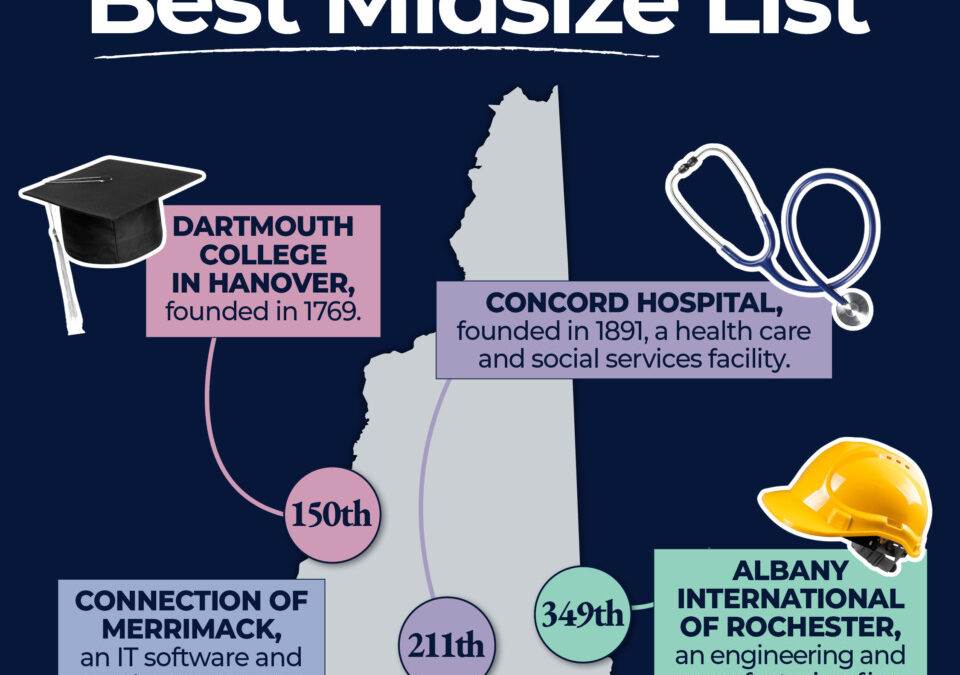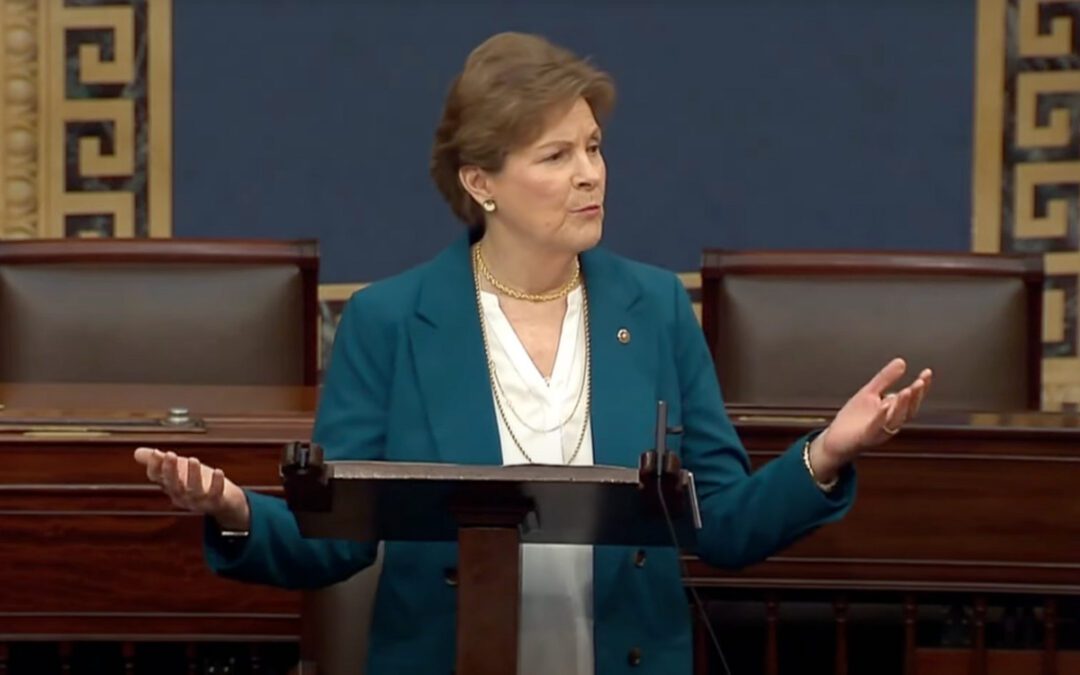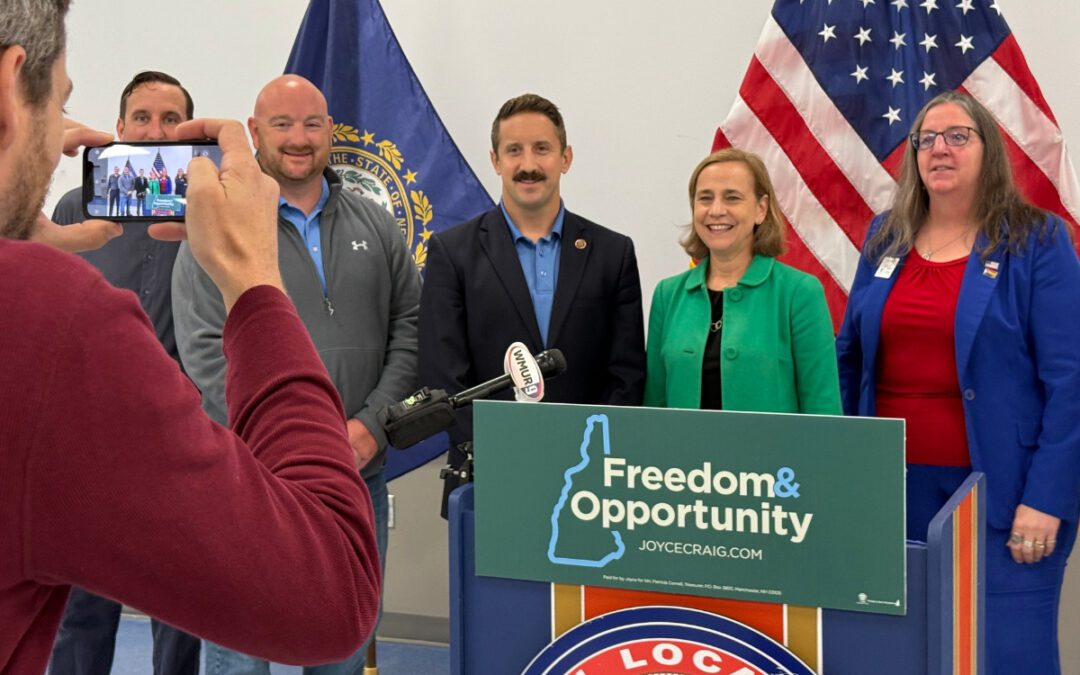
Photo via Pexels
Come the new year, some New England states will raise the minimum wage… but not here in the Granite State. New Hampshire not only has the lowest minimum wage in the region, it’s been stuck at the federal $7.25 an hour rate for more than a decade.
Massachusetts and Connecticut have the highest minimum wage in the region at $15 an hour, followed by Maine at $13.80, Vermont at $13.18, and Rhode Island at $13 an hour. On the first of the year, Connecticut will raise its rate to $15.59, Maine to $14.15, and Vermont to $13.67.
The federal minimum wage has not been raised since 2009. Since then, many states raised their minimum-wage rates, but that effort has failed in New Hampshire where the average two-bedroom apartment costs $1,764. That’s up 55% from $979, which is how much the average two-bedroom apartment cost 10 years ago.
For the past decade, Democratic state lawmakers have proposed bills to bring New Hampshire’s minimum wage closer to those in the rest of New England. That includes this year when Senate Democratic Leader Donna Soucy of Manchester proposed a minimum-wage raise bill which was defeated by a Republican-led legislature.
Republican lawmakers have maintained New Hampshire’s starting wages are comparable with other states and that the free market will ensure fair and competitive paydays.
During the 2018 and 2019 sessions, when Democrats held the majority in the state legislature, bills were passed that would have given minimum-wage workers a substantial raise. Republican Gov. Chris Sununu vetoed them.
Soucy has vowed to keep up the fight and propose legislation until the state stops defaulting to the federal minimum wage when other New England states are $6 to $8 an hour higher.
“It is impossible to ignore the biggest problem New Hampshire employers and businesses are facing, and that is the inability to competitively attract workers,” said Soucy in a news release. “As an aging state, grappling with a workforce shortage and an affordable housing crisis, we need to do everything we can to make New Hampshire as attractive as possible so we can recruit and retain a highly-skilled, robust workforce. It’s past time that we take this step and pay Granite Staters a livable wage.”
On the national level, the Support the Raise the Wage Act of 2023 was introduced this summer by U.S. Sen. Bernie Sanders of Vermont, which would gradually increase the federal minimum wage to $17 an hour by 2028. In his introduction to the bill, Sanders said in 2023, “A job should lift you out of poverty, not keep you in it … we can no longer tolerate millions of workers being unable to feed their families because they are working for totally inadequate wages. Congress can no longer ignore the needs of the working class of this country.”

4 NH employers land on Forbes’ best midsize list
Four companies in New Hampshire have earned spots on Forbes’ list of the best midsize employers—and three of them have been around since at least...

Shaheen criticizes FAA firings, warns of air safety threats
U.S. Senator Jeanne Shaheen took to the Senate floor this week to criticize the Trump Administration’s sudden firing of hundreds of Federal Aviation...

Joyce Craig kicks off ‘Freedom & Opportunity’ tour focused on working families
A diverse array of labor leaders gathered in Concord Monday morning to kick off Democratic candidate Joyce Craigs’ “Freedom and Opportunity Tour” of...

Federal boost for New Hampshire housing: $30 million in grants announced
New Hampshire's congressional delegation last week announced they successfully secured over $30 million in federal funding from the U.S. Department...

Biden makes 4 million more workers eligible for overtime pay
The Biden administration announced a new rule Tuesday to expand overtime pay for around 4 million lower-paid salaried employees nationwide. The...

Biden administration bans noncompete clauses for workers
The Federal Trade Commission (FTC) voted on Tuesday to ban noncompete agreements—those pesky clauses that employers often force their workers to...





